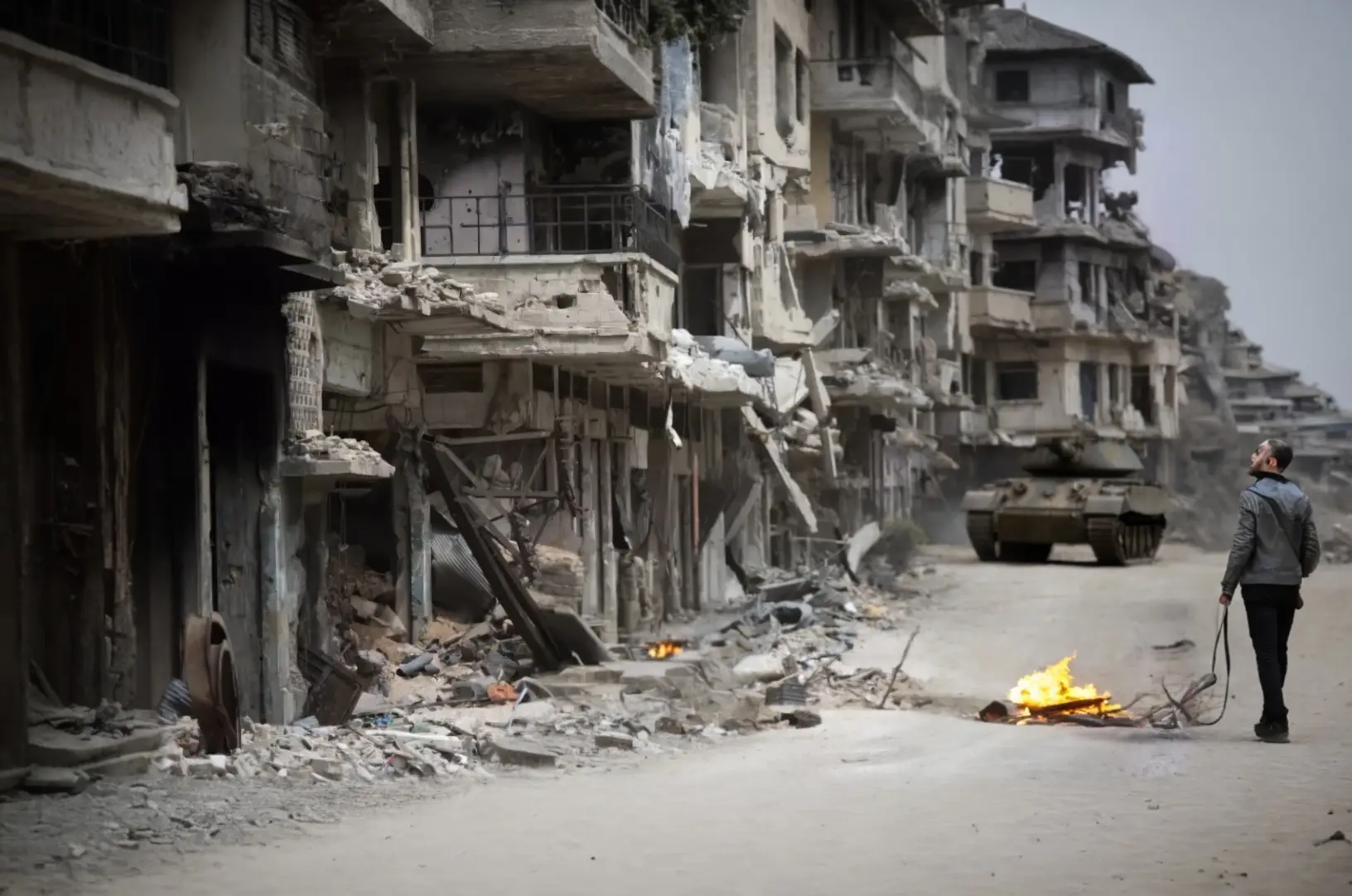Syria's Northern Firestorm: A Global Tug-of-War Unfolds

Who’s Behind the Escalation?
Understanding the forces driving the latest surge of violence in Idlib requires peeling back layers of geopolitical complexity. The key players—Turkey, Russia, Iran, the United States, and Israel—all have stakes in Syria’s future, and their overlapping agendas create a volatile mix.
Turkey: Ankara has long walked a tightrope in northern Syria. On one hand, it supports opposition groups to counter Kurdish factions, which it views as extensions of the PKK, a designated terrorist organization in Turkey. On the other hand, it has expressed interest in normalizing relations with Assad’s regime, largely to address its own domestic challenges, including the growing burden of hosting over 3.6 million Syrian refugees. Critics argue that Turkey’s military presence in Idlib, including its network of observation posts, has emboldened Islamist factions and prolonged the conflict.
Russia and Iran: Both nations remain staunch allies of Assad, providing military and economic support to bolster his regime. For Moscow, Syria represents a strategic foothold in the Middle East and a platform to project power globally. Tehran, meanwhile, views its involvement in Syria as critical to maintaining its regional influence and countering Israel. The recent escalation may be an attempt by opposition forces to test the limits of Russian and Iranian resolve amid their other global commitments, including Ukraine for Russia and domestic unrest for Iran.
The United States and Israel: Speculation is rife about Western and Israeli involvement in stoking the conflict. By escalating tensions in Idlib, some analysts suggest, the U.S. and its allies aim to weaken Iran’s regional foothold and strain Russian resources. The timing of the offensive—shortly after reports of Israeli strikes on Iranian positions in Syria—adds weight to these theories.
As these powers jockey for influence, the Syrian people bear the brunt of the fallout. The inability of international actors to prioritize peace over strategic interests continues to fuel a conflict that shows no signs of abating.
What’s at Stake?
The consequences of Idlib’s escalation extend far beyond Syria’s borders. The province has become a flashpoint for broader geopolitical rivalries, raising the risk of regional destabilization. Turkey faces the threat of another wave of refugees, which could exacerbate domestic tensions and strain its already fragile economy. For Russia and Iran, the conflict tests their ability to sustain their commitments in Syria while managing other international and domestic challenges.
Humanitarian organizations warn that the violence could trigger one of the worst crises in recent memory. The United Nations estimates that over 80% of Idlib’s population already lives in extreme poverty. A prolonged conflict risks cutting off essential aid, leaving millions at risk of starvation and disease. The international community’s failure to act decisively could lead to a humanitarian catastrophe with ripple effects across the region.
Strategically, control over Idlib holds immense significance. For Assad, reclaiming the province would solidify his grip on power and signal the collapse of opposition resistance. For opposition forces, maintaining control is crucial to keeping their cause alive. The stakes are equally high for external actors, who see Idlib as a battleground for broader regional and global power struggles.
The Path Forward
Resolving the crisis in Idlib demands an urgent and coordinated international response. Humanitarian aid must be prioritized to alleviate the suffering of millions of displaced people. The United Nations and other global organizations must redouble efforts to facilitate dialogue among key stakeholders, including Turkey, Russia, Iran, and opposition groups.
Long-term solutions require addressing the root causes of radicalization, including poverty, lack of education, and political disenfranchisement. Investment in rebuilding infrastructure and providing economic opportunities can help create conditions for lasting peace. Additionally, holding accountable those responsible for war crimes and violations of international law is essential to restoring trust in governance and institutions.
The stakes couldn’t be higher. Idlib’s fate is a microcosm of the broader challenges facing the international community in an increasingly fractured world. The choices made today will determine not only the future of Syria but also the trajectory of global stability in the years to come.